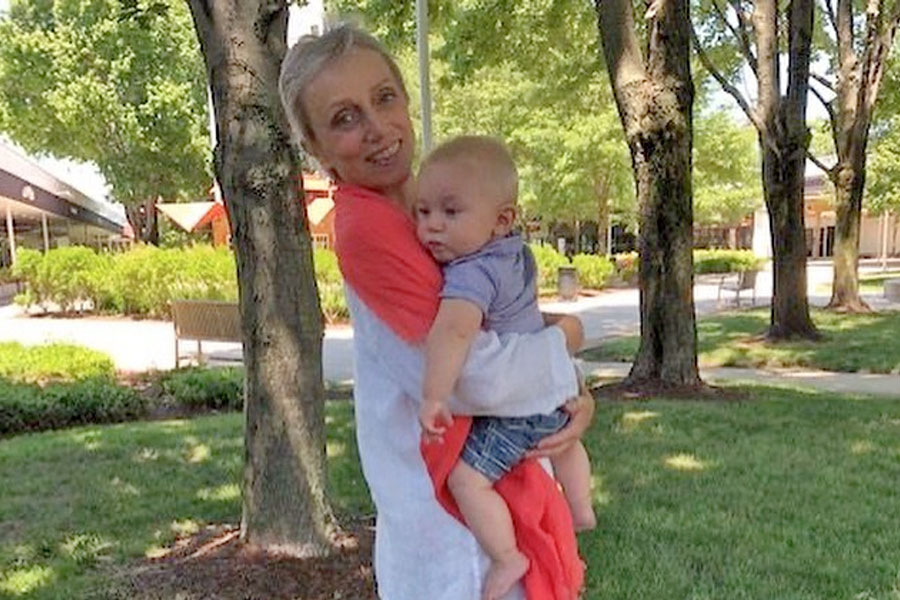Dorothy Smith Mullen, an environmental, food, and healthcare activist, died in hospice care at home in Princeton on March 15. She was 64.
Dorothy was a teacher of gardeners young and old, the founder of The Suppers Programs, and the producer of her own end-of-life educational program she dubbed “Dying Dor’s Way: Radically real spiels on the end of life.”
In 2001 as a result of concerns generated by 9/11, she proposed a peace-oriented community service project in the form of an organic instructional garden at the Riverside Elementary School in Princeton, where her three children had attended school. The Princeton School Gardens Cooperative grew out of that initiative.
In 2005, Dorothy began running home meals, determined to build a community of people whose health problems were related to the dangers of processed food. At the same time, she developed the program design that became The Suppers Programs NGO. Suppers holds hundreds of meetings annually and organizes peer-led support groups teaching home-grown food cultivation, healthy food shopping, and preparation of non-processed foods. Dorothy called Suppers a “hyper-local solution to a global problem.”
Dorothy credited her interest in safe and wholesome food to the complications related to mercury exposure she suffered as a child. She founded Suppers on the proposition that individuals can take charge of their own health decisions by lifestyle changes to prevent illness, thereby reducing reliance on the traditional medical establishment’s focus on post-diagnostic care.
When Dorothy was suddenly diagnosed with non-smoking-related lung cancer in April of 2019, she saw her work not as a failure to prevent the disease, but as a success — because her work had allowed her 35 years of unmedicated living. She immediately went into hospice care at home.
In her final year, Dorothy entered the medical system she had so assiduously avoided. She co-hosted a town hall meeting on dying at the Princeton Public Library in August 2019, and produced more than 60 YouTube videos, “Dying Dor’s Way,” regarding end-of-life care, relationships, and decision-making.



